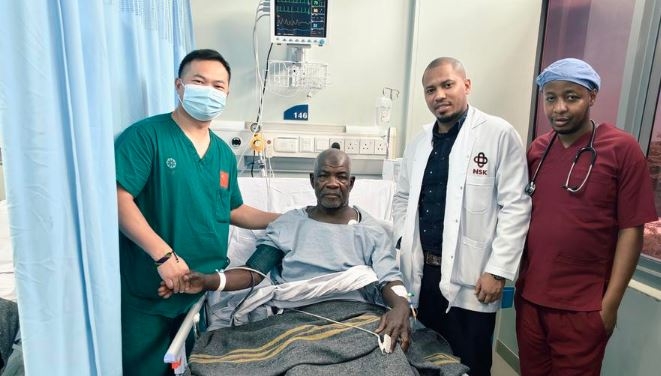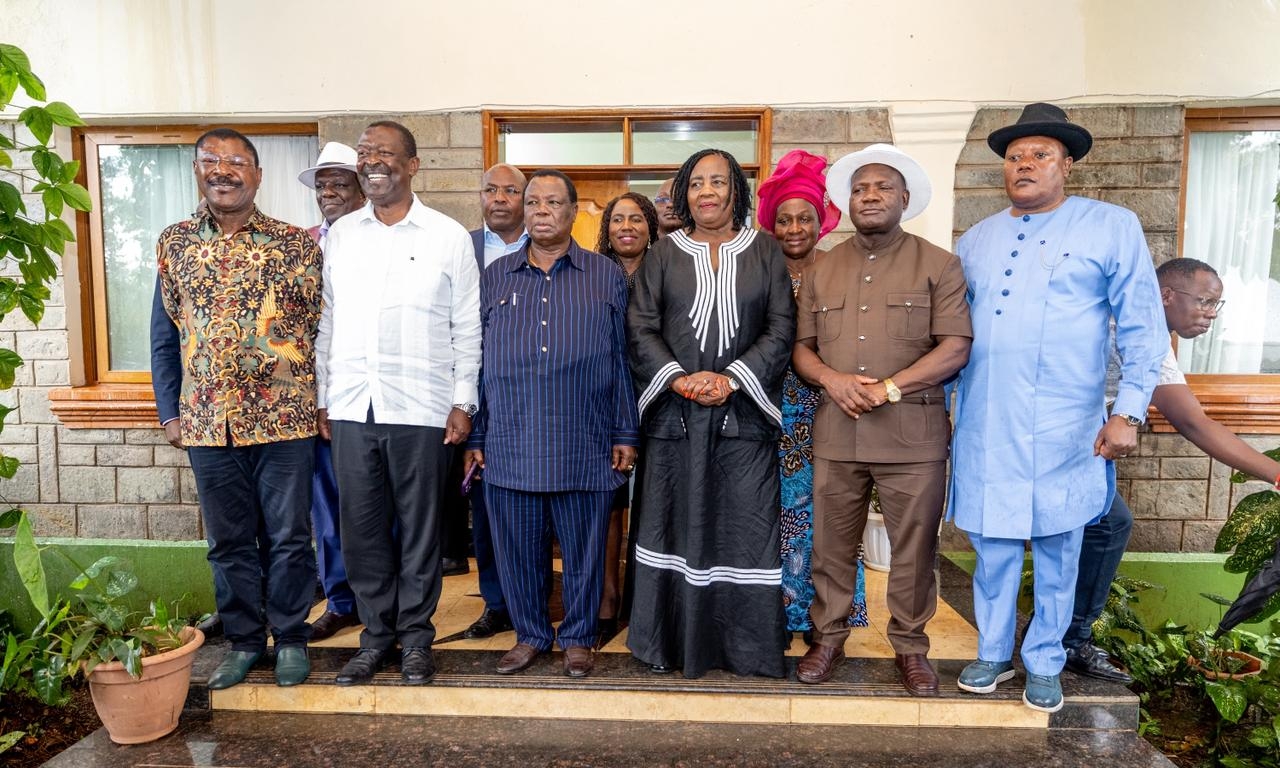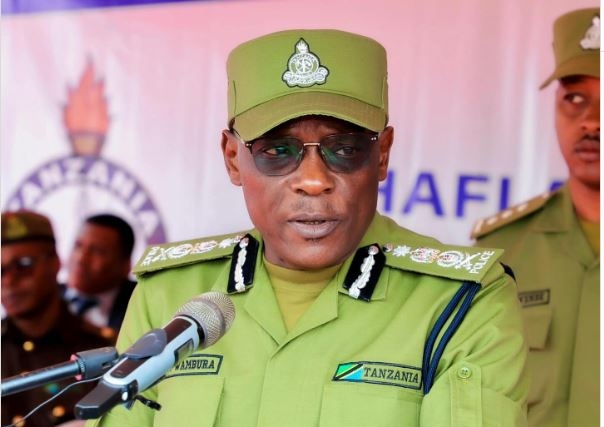As I walked around Nairobi's CBD the other day, I couldn't help but notice more and more colleges offering journalism courses. Stroll down Luthuli Street, Tom Mboya, or any street in the Nairobi Metropolitan area, and you'll see what I mean.
Let's face the truth: we're pumping media graduates every year into an already saturated job market. The biggest issue is that some schools give our young folks a lousy deal.
Let me share a story from my undergraduate days when we fought tooth and nail for a functioning journalism studio. Finally, we had one, but it was hardly more than a sketch of a studio if you ask me.
During my time at the same institution, a lecturer, now a doctor, put us through a four-to-five-month-long critical thinking unit. Frankly, I can't recall a thing from that class except for questioning why we needed someone to teach us how to think.
Now, I wish I could take that critical thinking class again. Creativity, problem-solving and independent thinking are crucial qualities for media graduates. Unfortunately, these skills will likely decline if we let individuals who lack a clear grasp of the subject matter teach our media learners. NPR's public editor, Kelly McBride, notes that practical journalism training prepares students to navigate complex ethical dilemmas and make principled decisions. This is what a critical thinking class helps. Pardon my ignorance but I am not sure if such courses are still being offered.
I know of some mushrooming colleges with tutors who resort to internet notes for their teaching materials. I'm not saying they aren't qualified, but seriously, how can you lecture a radio class on audio editing while sketching on a whiteboard? No wonder some of these teachers tell students to watch YouTube tutorials, which they rely on.
It pains me to witness a head of department in a journalism school who can't even convert a Word document to a PDF, yet they're tasked with implementing the institution's AI strategy. No, my friends, we can't solely blame the government for this mess.
There's a story about a senior lecturer at a media institution who loves using fancy words and talking about digital disruption and Artificial Intelligence in journalism. But his students don't even know what the lead of a story is.
I know of newsroom editors who refuse to take on student interns from certain institutions because of the immense effort required to get them up to speed on the basics of journalism. While internships are meant to introduce students to the industry and provide them with fundamental skills, the sad reality is that few editors in today's fast-paced newsrooms have the time or resources to nurture such students. Consequently, some media interns end up serving tea or run office errands instead of learning the craft.
While I admire professions like medicine, law and accounting for having centralised examination boards, I believe we can learn a thing or two from them to patch up the holes in our journalism curriculum. Imagine if we had a national examination board, similar to Kasneb, responsible for administering journalism exams and issuing certificates. And if that's too ambitious, why not establish a post-training school akin to the Kenya School of Law, through which media graduates from all institutions must pass before entering the industry?
It's time we looked at journalism education and took measures to ensure that our aspiring journalists receive the quality training they deserve. Let's bridge the gap between theory and practice, and perhaps, just perhaps, we'll witness a brighter future for Kenya's media industry.
Nairobi-based journalist












